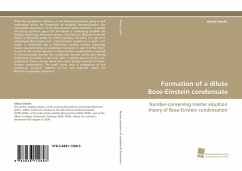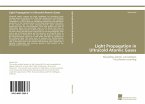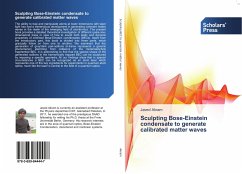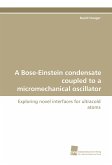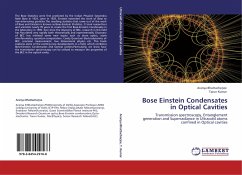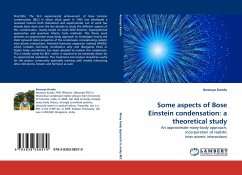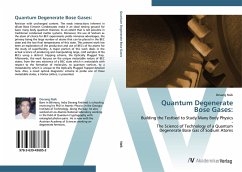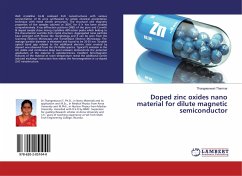While the equilibrium statistics of non-interacting bosonic gases is well understood within the framework of standard thermodynamics, the microscopic description of the Bose-Einstein phase transition in weakly interacting quantum gases still formulates a challenging problem for modern many body theoretical physics. Searching for elements from the theory of ultracold matter to model the phase transition of a gas of N indistinguishable bosons into a Bose-Einstein condensate in part I, the reader is introduced into a Markovian, particle number conserving master equation theory of condensate formation in part II of the thesis. In part III, the master equation of Bose-Einstein condensation is applied to microscopically monitor the condensate number distribution during condensate formation in real-time, after a sudden quench of the non-condensate atomic density above the critical density expected for Bose-Einstein condensation. The work closes with a comparison of the equilibrium quantum statistics to the one expected within the Boltzmann ergodicity conjecture.

